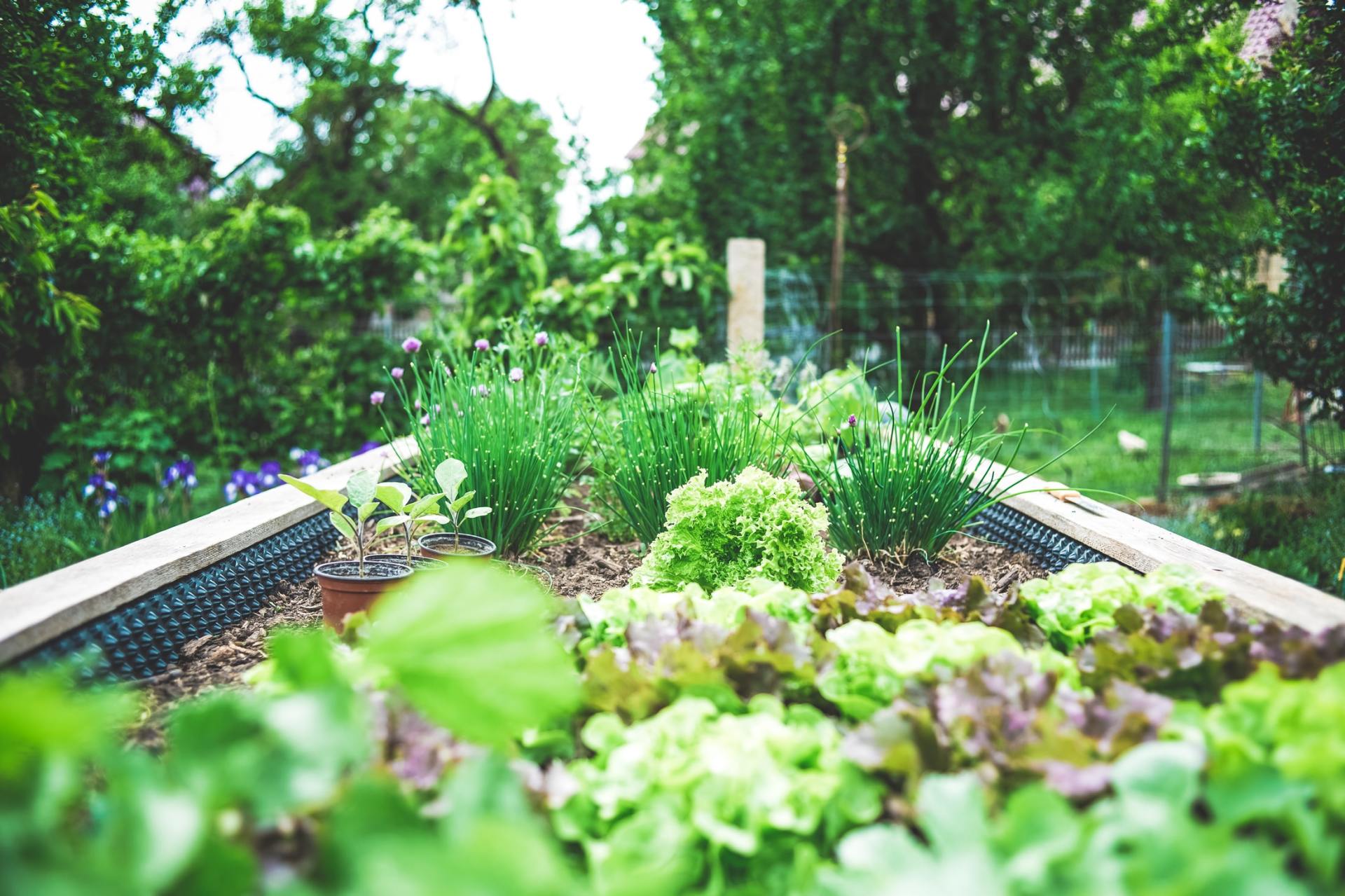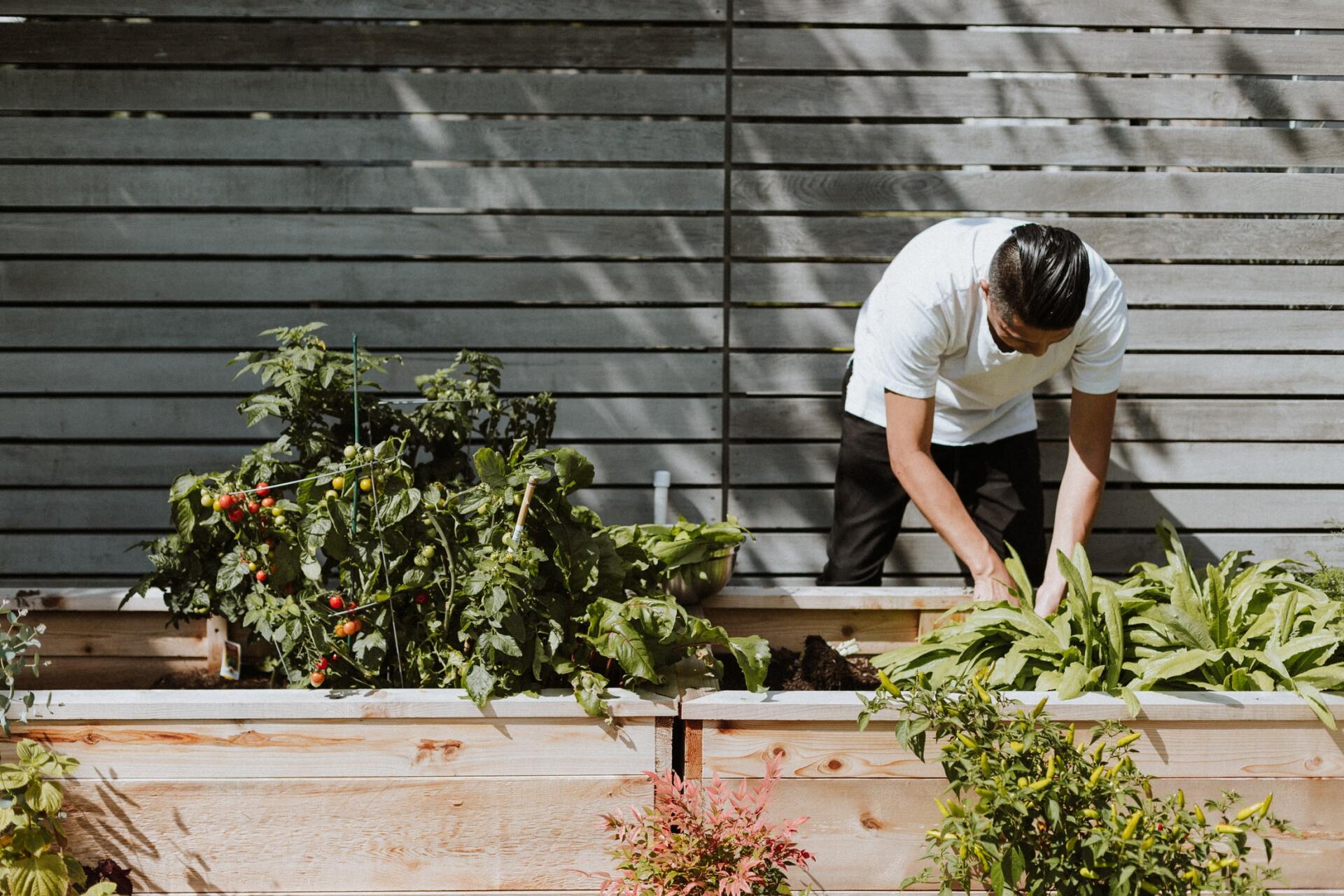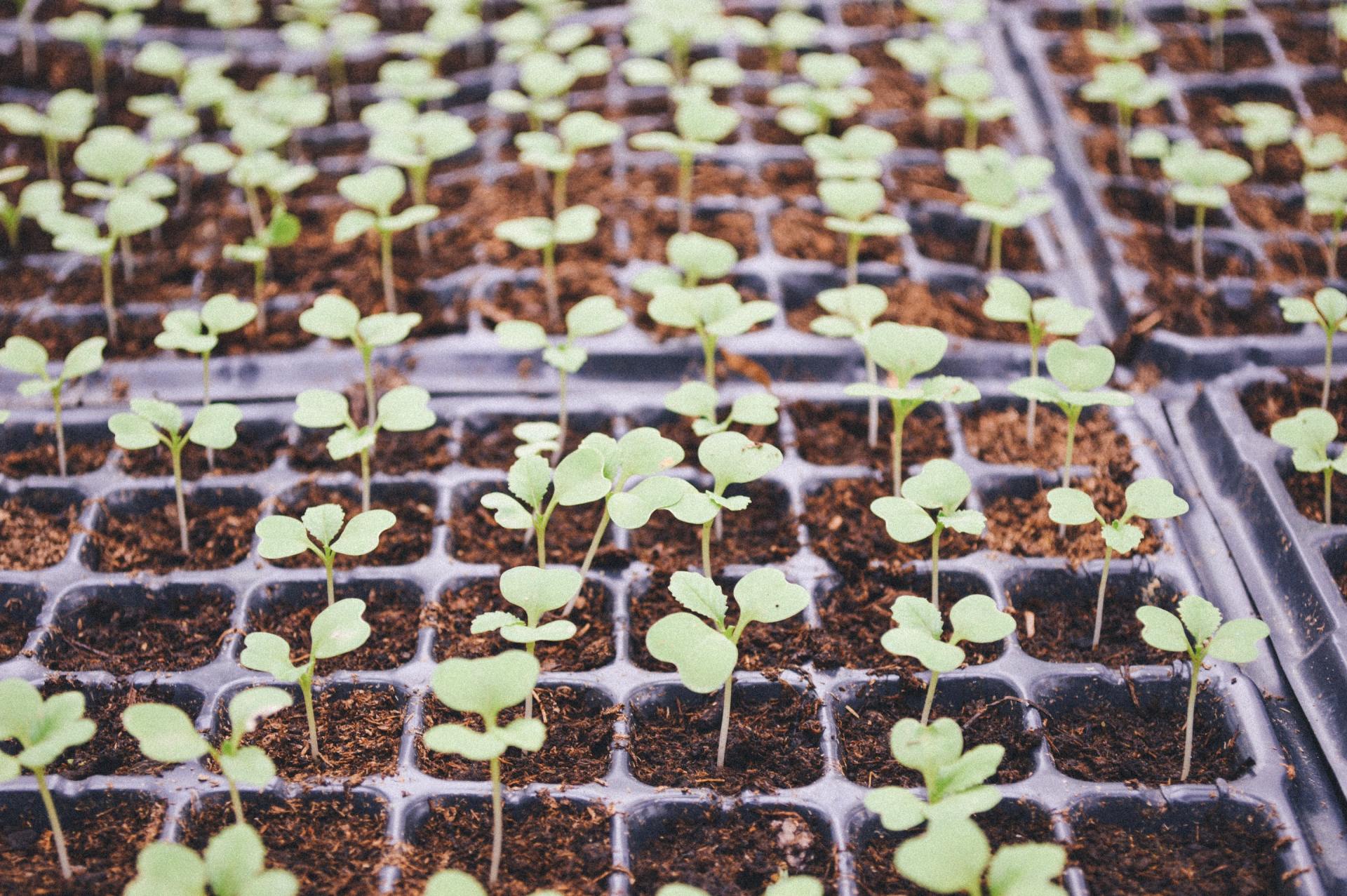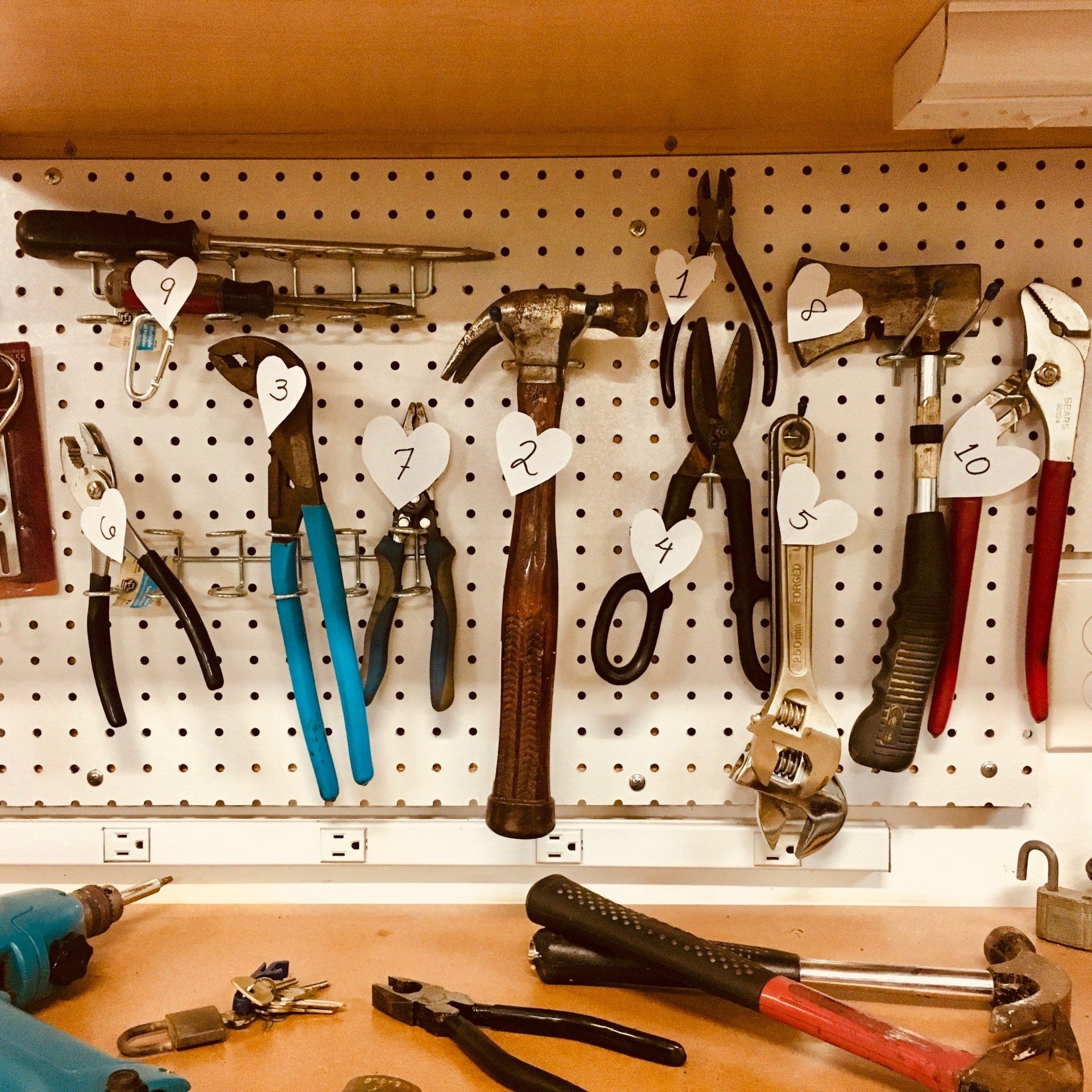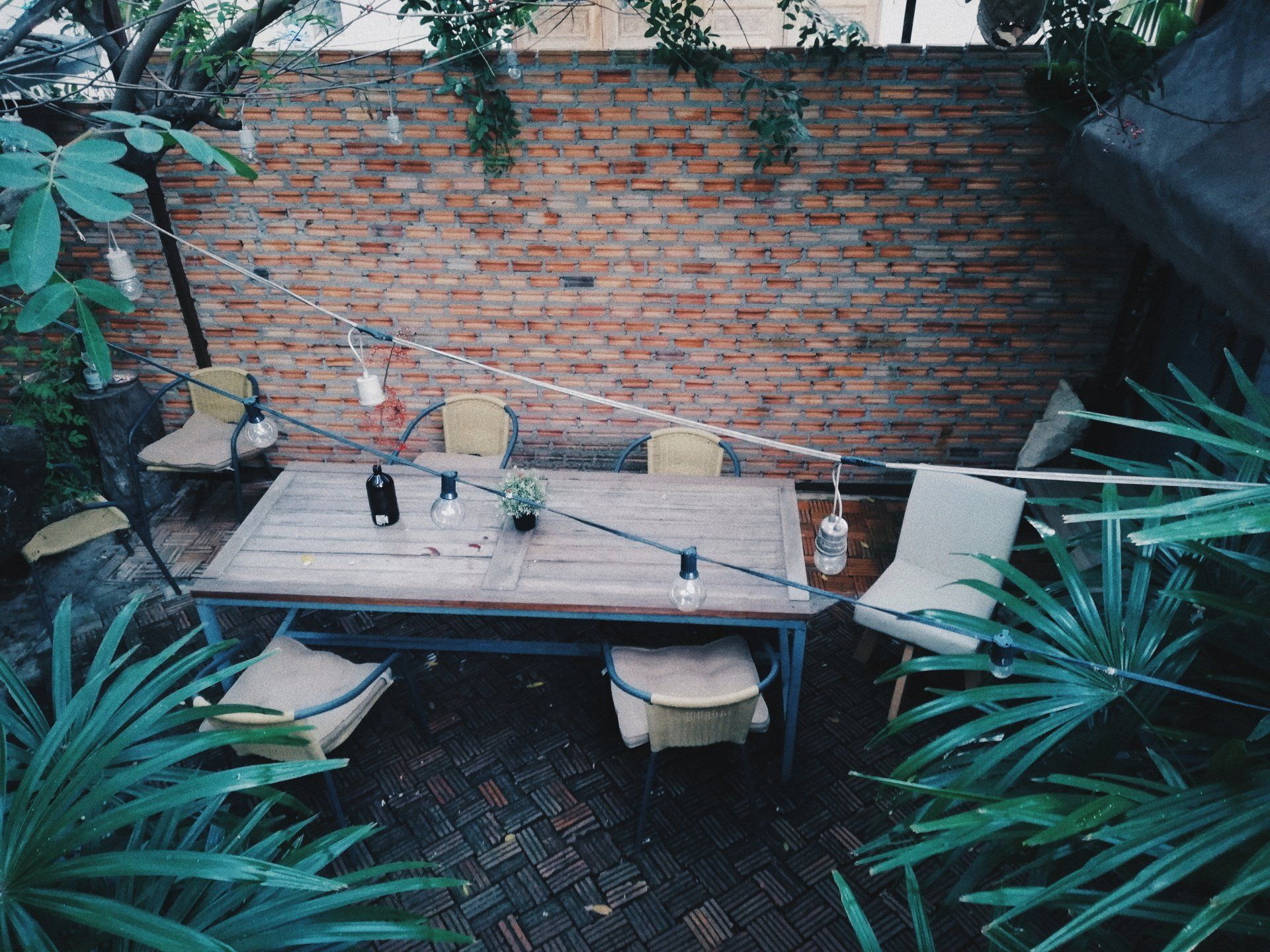(631) 371-4460
How to Start a Garden at Home
Are you interested in starting a garden at your home? From delicious fruit to healthy, leafy veggies, eye-catching shrubs, and fragrant flowers, the options are endless. With one visit to a garden and lawncare store, you can soon be eating all the delicious foods that you plant and taking advantage of the pretty floral views on your property. If you are new to gardening, it's important to do your research and have the right tools. Anyone can easily get started after just a visit or two to a gardener's supply store, but it pays to do some research first. After learning some of the basics, you'll be able to turn your backyard into a thriving plant paradise. This hobby can provide a lot of satisfaction and enjoyment to gardeners of any age. However, to be successful, there are some things you'll need to know and consider before creating your first planting bed.
Dig into your new gardening adventure by following the step below.
Consider What to Plant
First, it's important to think about what you want to grow. Flowers? Vegetables? Herbs? Each option will make a stunning garden, but they will have different maintenance requirements. Think about what you like to eat and consider planting those things. Since you are just starting, you might want to start small until you get more advanced in this hobby.
Pick the Best Spot for Your Garden
Most things you plant will need a good amount of sun each day. Find a spot on your property that will give your plants the amount of sunlight they need. Most plants will come with directions and whether they need full or partial sun to thrive. Try to find a flat portion of your property so you don't have to deal with a sloping garden.
Acquire Gardening Tools
Having the right tools will make your new hobby easier. Invest in a durable shovel and gardening gloves. Other tools that may help with your hobby include a potting soil scoop, a Hori-Hori knife, and hand pruners.
Test Your Soil
Find out where you can send samples of your soil to your county. These tests will let you know your pH levels and if your soil is lacking nutrients that your plants will need to grow. If your soil is lacking nutrients, you can add organic matter to the soil and till up the bed. Earthworms also help mix the soil. Also, test for any toxins in the soil. If there are toxins, consider a wooden raised garden instead of one that is on the ground.
Clear the Ground
Rope off the area you want to use for your garden. Take a step back and make sure this is where you want it and the size you want. Then, start removing the weeds and sod from the area.
Prepare Your Planting Beds
Use a rototiller or dig by hand to mix the soil. The soil will loosen which helps roots grow easily instead of trying to grow through hard, compacted dirt. This also allows plants to get the water and nutrients they need.
Pick Your Plants
Choose plants that are adequate for your climate and the amount of sunlight the areas receive. Consider different annuals, perennials, vegetables, and herbs.
Start Planting
Some plants are more tolerant to cold weather, so you can plant them whenever. Other plants thrive on warmer weather, so it's important to plant them after frost dangers have passed. Read the seed packets for the best information on when to plant, the depth, and the spacing of the plants. Some gardeners plant their seeds indoors before frost threats and then move the seedlings into the soil at the right time.
Water at the Right Time
You don't want seedlings to dry out, so it is important to water them daily. As the plant gets larger, you can slow down on watering them. How often you water your plants depends on the soil, temperature, and rainfall. To determine if you should water your plants, feel 3-4 inches below the surface. If it is dry, you should water the plants. Water them slowly so the water has the opportunity to soak in and not runoff. Water in the early morning to minimize evaporation.
Protect with Mulch
Mulch helps keeps weeds out and moisture in. Place a couple of inches of mulch in your gardens. This will reduce how often you need to water and prevent the sun from drying out the soil. It also prevents weeds that could take over your plants.
Maintain Your Garden
As your garden grows, it is important to water the plants before they wilt, pull weeds as you see them, remove dead vegetation, support tall plants with a trellis, and harvest your vegetables when they are ready.
Rely On Our Local Hardware Store
If you are thinking about starting a garden at home in the Bohemia and Suffolk County, NY areas, stop into L.I. Hardware. As your local hardware and lawn care store, we have the knowledge, experience, and equipment you'll need to start gardening like a pro. Instead of visiting big box home improvement stores, stop in and talk to the employees in our gardening section today. We can help give you the best advice on what plants you should plant, when the best time to grown them, and more. Not only that, but we offer special equipment such as inground sprinklers parts that will cut down on hose for you. Set up the sprinkler to water your garden on a set schedule and get the best results. If you need specialty equipment, we offer rental equipment services to help get your garden up and running as quickly and easily as possible.
Let us help you get started on your exciting and healthy new hobby this summer! Call or stop in today!
BOHEMIA, NY 11716

